An average of 5,000 people are killed and another 418,000 people injured in weather-related crashes according to the Federal Highway Administration. Heavy rain, ice, snow, fog and other poor weather conditions contribute to car crashes. Despite driving safely, bad weather causes a significant increase in the likelihood of being in a car accident. Poor weather conditions not only cause more difficult driving conditions, they also make it more difficult to prove negligence in an accident. It is therefore extremely helpful to have proper legal representation if you were injured in a weather-related collision, as an attorney can help you seek compensation for the damages you sustained.
The attorneys at Silva Injury Law know how to handle cases that involve questions of liability. If you have been involved in a weather-related car accident, contact our team today to learn about your possible legal options.
The Dangers Of Driving In Inclement Weather
The Department of Transportation identifies a number of hazardous conditions which contribute to weather-related crashes. These hazards include rain, snow, sleet, fog, and ice. These various conditions impact driving ability as roads become wet and slick, visibility is decreased, and it becomes more difficult to control a vehicle.
Wet roads following a rainstorm are a specifically dangerous threat to safe driving, being the largest contributor at 73 percent of all weather-related crashes. Rain often causes vehicles to lose traction, which can result in a vehicle completely losing contact with the asphalt. Another 46 percent of weather-related accidents occur during rainfall. Fog and other winter hazards are also large contributors of weather-related car accidents.
Visibility is a significant factor in the majority of weather-related accidents. When there is blinding rain, snow, or dense fog, the visibility can decrease to a point that it may not even be safe to drive. Additionally, the existence of hazardous conditions may require speed reductions on freeways, a disruption in timing of traffic signals and potential road closures and rerouted traffic patterns.
Determining Fault In A Weather-related Car Accident
Drivers always have a legal duty to drive in a responsible manner, regardless of the weather conditions. This means following the speed limit, obeying rules of the road, and taking all steps to prevent possible collisions. When poor weather conditions are involved, drivers are responsible for adjusting their speed and driving with more caution.
When it comes to car accidents, liability is based on negligence. Inclement weather alone is not generally a proximate cause of a car accident but is regarded as an additional factor to be considered when determining fault, and in determining whether the driver was negligent.
Even when weather-related factors contribute to a crash, a driver may still be at fault for not using extra care to avoid the collusion.
Tips For Driving Safely In Impaired Weather Conditions
When driving in impaired conditions, it is important that you practice driving defensively in order to prevent collisions. Before you begin driving it is crucial to determine that brakes, brake lights, tires and windshield wipers are in optimal condition. Remember that speed limits are based on optimal driving conditions, so when conditions are poor, reduce speed. As always, it is important to stay focused on the road, increase the distance between the nearest vehicle, and adapt to the changing conditions. Remember that poor weather does not absolve a driver of possible responsibility in a car accident, and they can still be liable for any damages incurred.
If you have been injured in a weather-related car accident, speak to an attorney at Silva Injury Law to determine if you have the right to compensation for your damages.
Find Out How We Can Help
At Silva Injury Law we promote healing through compassionate advocacy. With each case tailored to the individual, we look our for your best interests by evaluating your unique circumstances. Contact us today for a FREE in person or remote consultation.

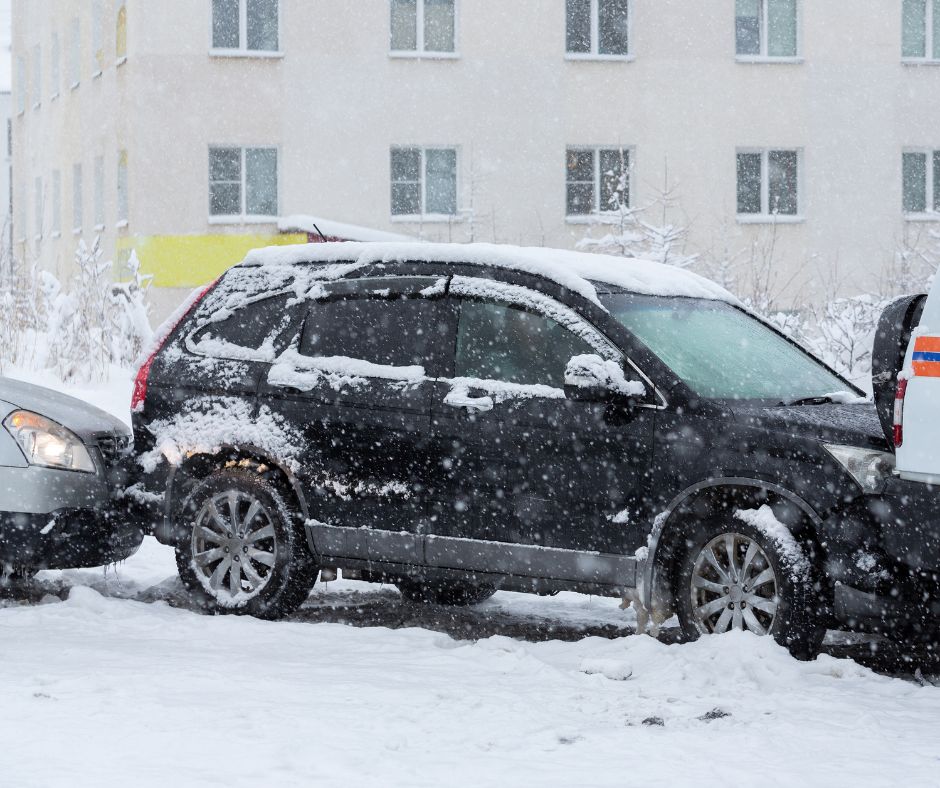

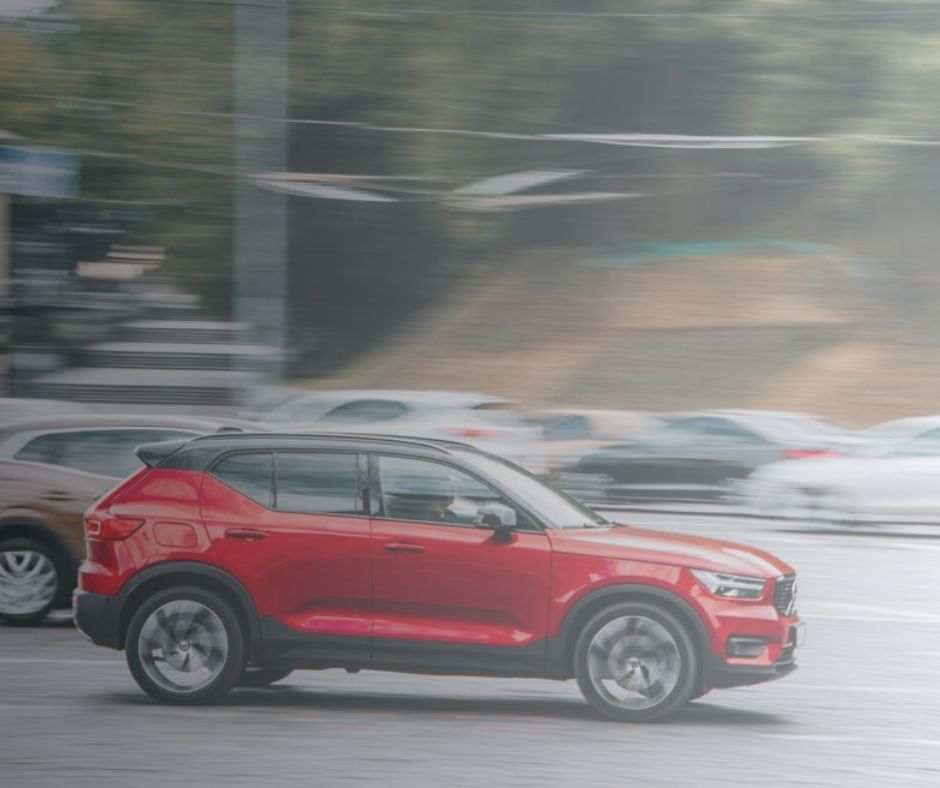
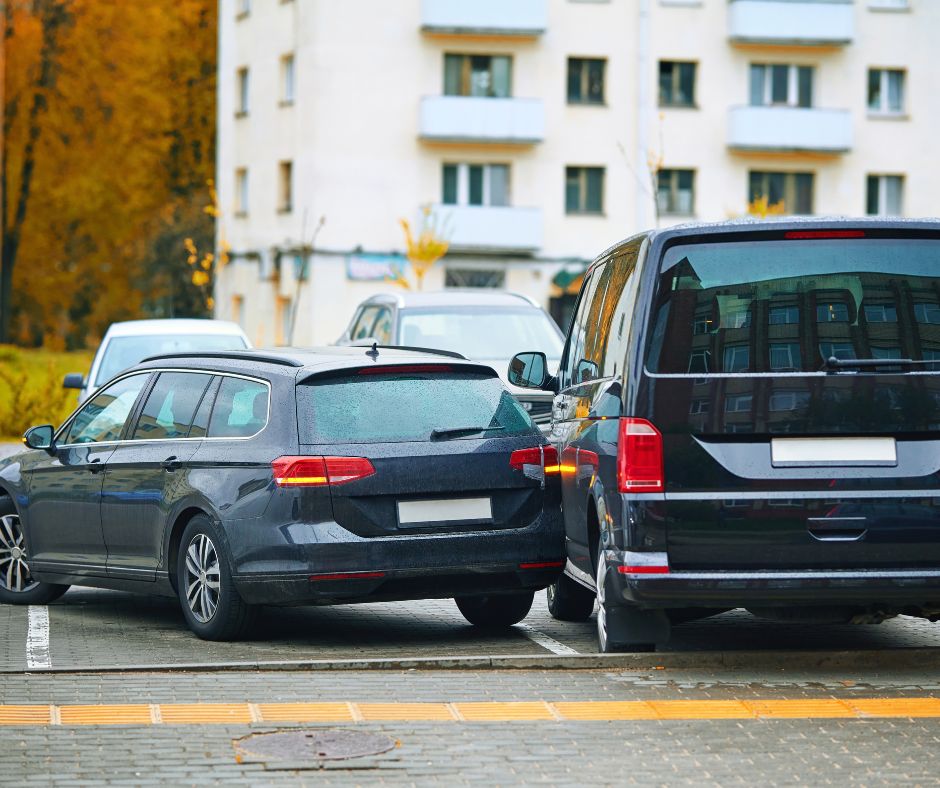


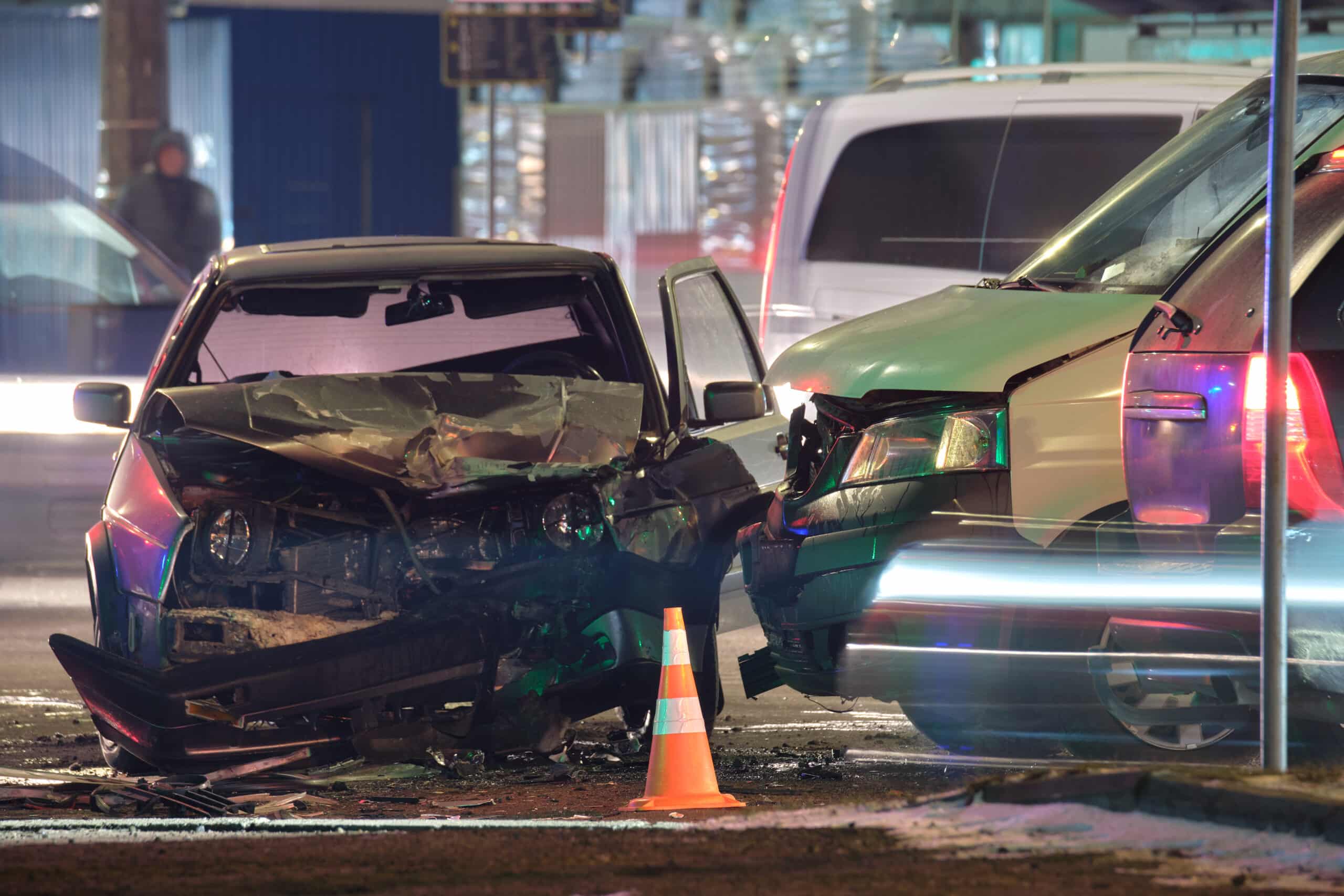


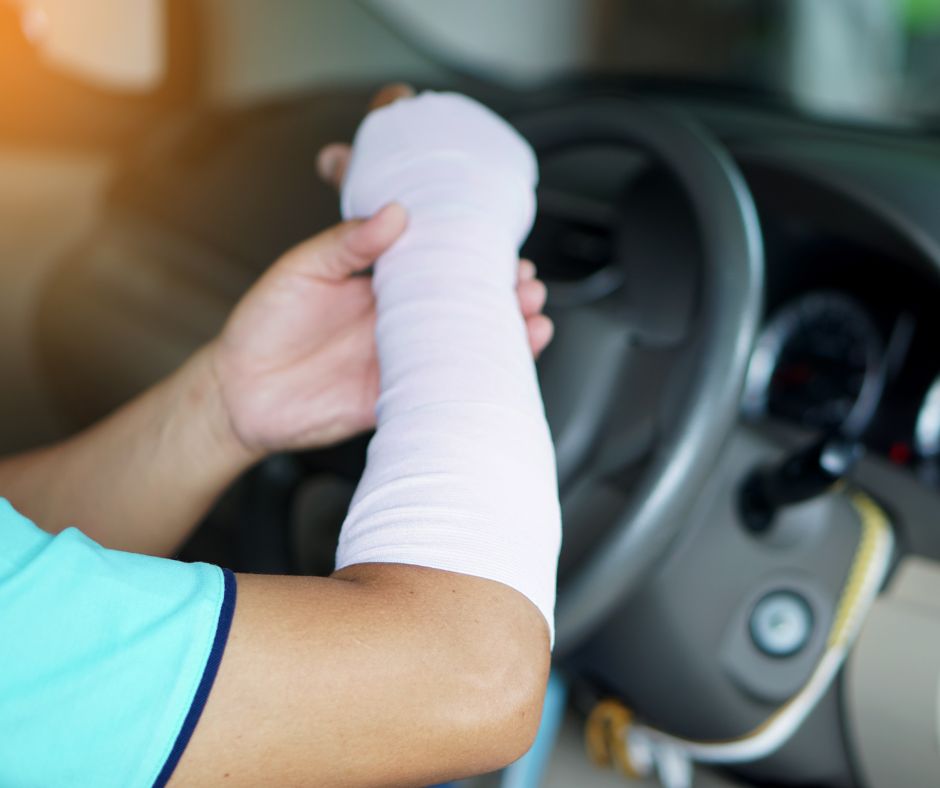
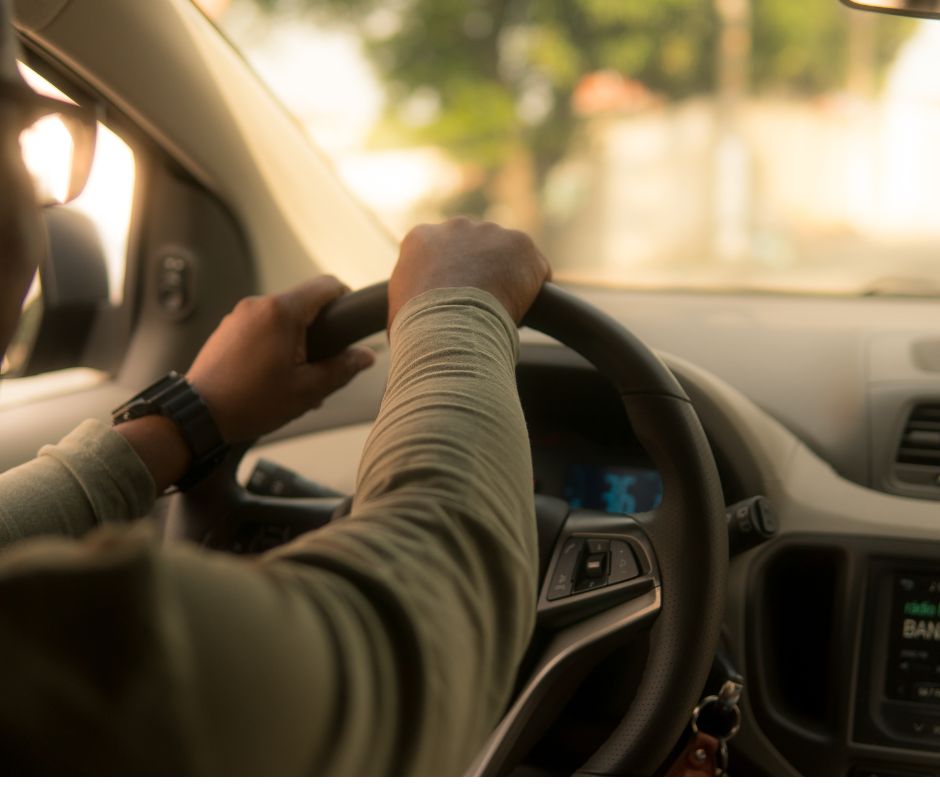

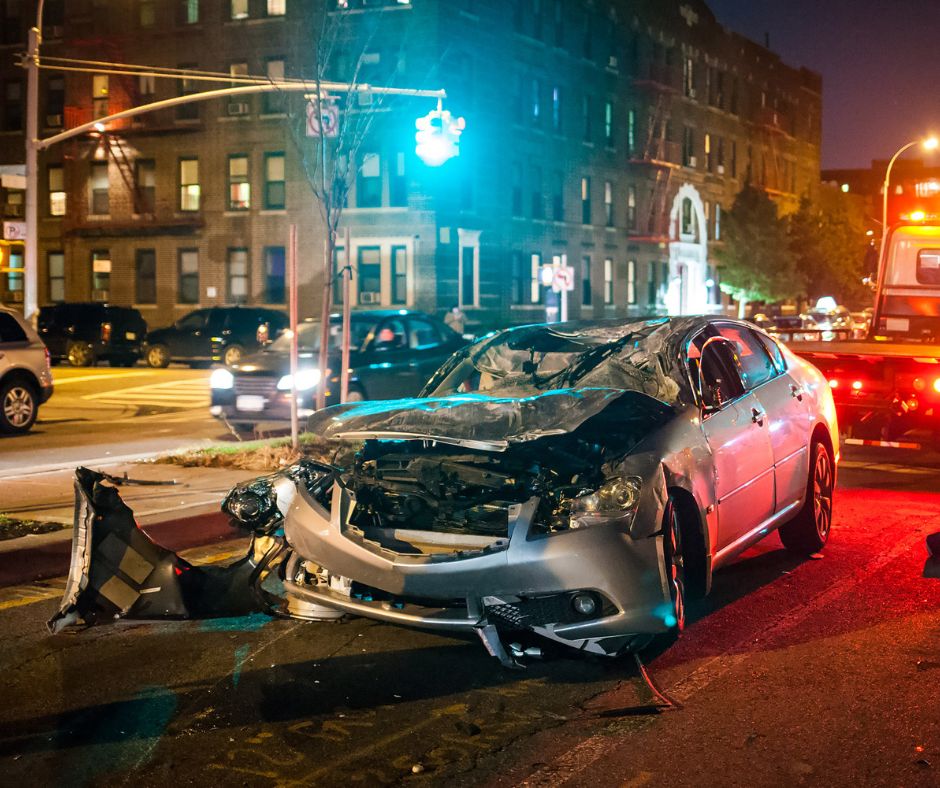




 EMAIL
EMAIL  Ask AI
Ask AI  Access
Access